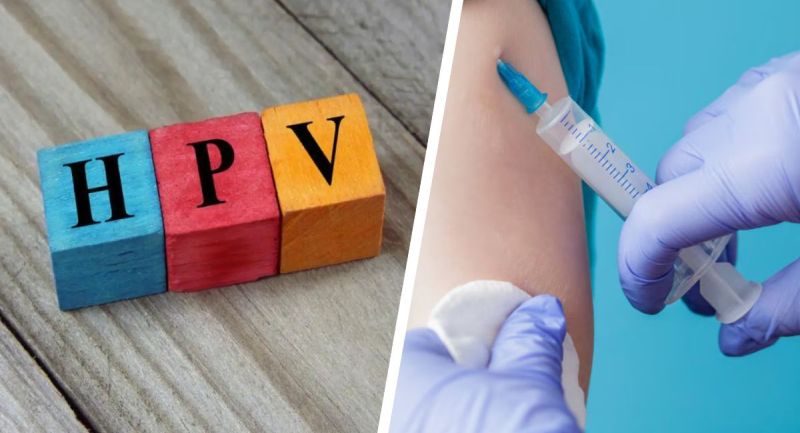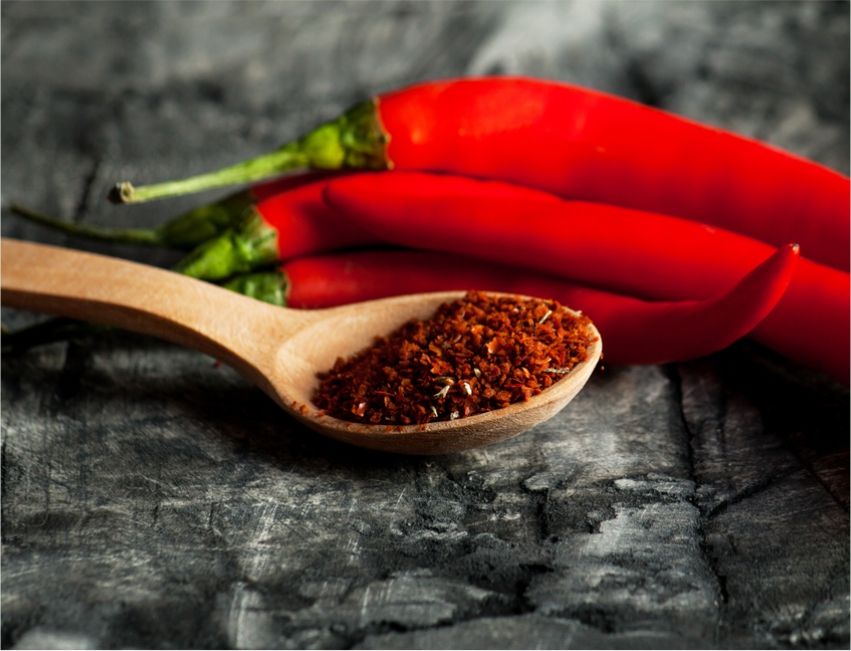Understanding the importance of HPV vaccine

- Newsband
- 05 May, 2025
Human papillomavirus (HPV) is a highly prevalent virus that can lead to a range of health issues, from mild to severe. HPV is linked with various cancers and can also result in the formation of genital warts. Fortunately, the HPV vaccine provides an effective way to prevent these life-threatening conditions, making it an important part of a child’s vaccination schedule.
HPV refers to a group of over 150 viruses, with around 12 strains considered high-risk. These high-risk strains are particularly linked to cervical cancer in women, but can also lead to cancers in other areas like the vulva, vagina, penis, anus, and throat. HPV is primarily spread through sexual contact, although skin-to-skin contact can also transmit the virus.
In many cases, the body can clear an HPV infection without the person being aware of it. However, for some individuals, the infection persists and can lead to conditions such as genital warts or even cancer. Unfortunately, symptoms often do not appear until years after the infection, making it critical to take preventive measures, like vaccination, early in life.
A common concern among parents is why children should receive the HPV vaccine, as it’s transmitted through sexual contact. The key reason is that vaccinating children between the ages of 9 and 14 ensures the body has enough time to build an immune response before sexual activity begins. The vaccine is more effective when administered before the risk of exposure, reducing the chances of infection later in life. Health experts endorse giving the vaccine in two doses. Early vaccination boosts the body’s ability to fight off HPV infections and prevent the development of related cancers.
The HPV vaccine is considered very safe, with only mild and temporary side effects. These may include pain at the injection site, a mild fever, or arm pain. Here's a reworded version to avoid plagiarism. Severe side effects are uncommon, and the advantages of getting vaccinated greatly surpass any possible risks. The vaccine plays a vital role in preventing HPV-related cancers, making it a critical public health tool.
While many associate HPV-related cancers with women, the virus can also cause cancers in men, including penile, anal, and oral cancers. Therefore, it’s equally important for boys to receive the vaccine.
New mothers are encouraged to receive the HPV vaccine if they missed doses earlier in life. The postpartum period is an ideal. During this time, the body’s immunity may be lower, and the vaginal canal is more susceptible to infections. Importantly, the vaccine does not affect lactation, so it is safe to administer while breastfeeding.
There are currently two types of HPV vaccines: the 4-valent and the 9-valent vaccines. The 4-valent vaccine protects against four strains of HPV, while the 9-valent vaccine offers protection against nine strains, including those that cause cancer and precancerous conditions, as well as genital warts. Both vaccines offer strong protection against cancers caused by HPV.
While the vaccine is most effective when given at a young age, it is still beneficial for individuals aged 15 to 45. Those over 15 years of age, the vaccine is administered in three doses. Even adults who missed earlier vaccination can still benefit, as the vaccine offers protection against various cancer-causing HPV strains.





